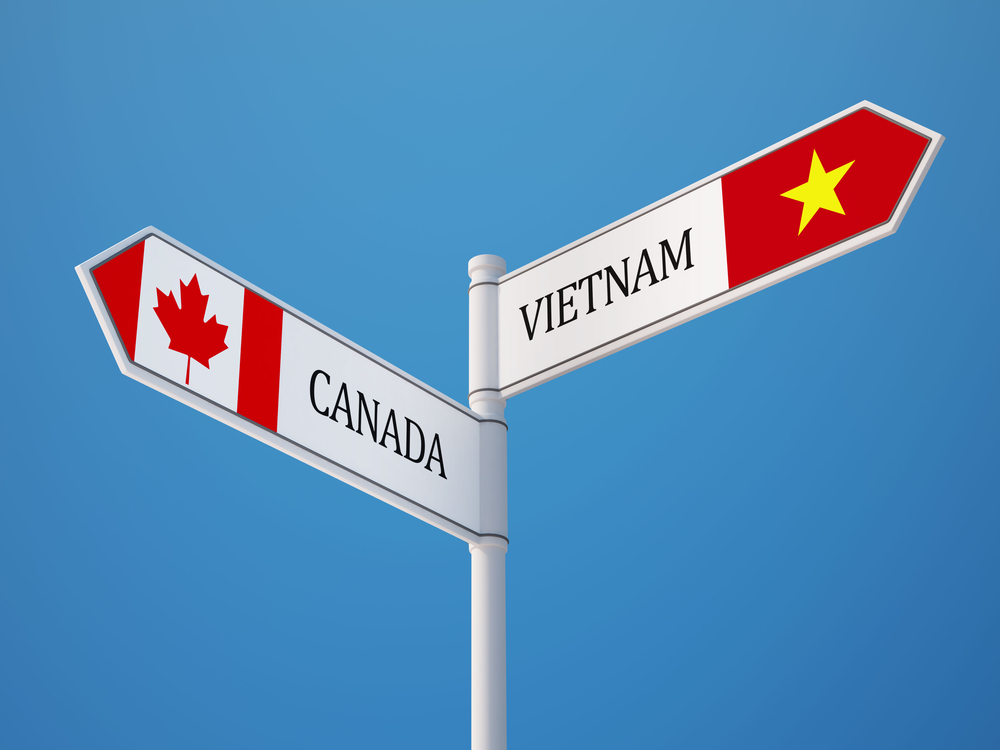Canada News
Canada can use lessons of Vietnam airlifts in Syrian refugee crisis: Joe Clark
HALIFAX – Former prime minister Joe Clark says he believes Canadian officials can overcome obstacles to speed up the acceptance of Syrian refugees, much as his government found ways to airlift Vietnamese boat people after he won office in 1979.
“We have the capacity to do more… I think everyone recognizes that and we have a tradition of doing more,” he said in an interview Friday from his home in Ottawa.
Canadian civil servants are capable of assessing possible security risks among Syrian refugees, Clark said, as they did when his government sent teams of officials overseas to process thousands of Vietnamese applicants living in crowded refugee camps.
Clark said his Progressive Conservative government adopted and expanded on the policies put in place by a former Liberal government to directly assist Indochinese refugees who fled in rickety boats after the Communists took power in Vietnam.
At the time, he said his cabinet was concerned some refugee applicants might be criminals or Communist officials who could pose risks to Canada, but his senior officials were capable of screening applicants.
“The possibility there are some people (Syrian refugees) who are not who they claim to be should not deter us at all from proceeding with a very vigorous strategy of identifying people and getting them here quickly,” he said.
With strong political direction from the federal cabinet, Clark said it’s possible to send Canadian officials to United Nations refugee camps, where they can directly meet and interview applicants.
“We have an extraordinary capacity to absorb refugees,” he added.
Clark said he hopes the photograph of the body of a Syrian boy, Alan Kurdi, washed up on a Turkish beach has set off a movement similar to the one that saw his government help 60,000 Indochinese asylum seekers come to Canada.
To date, the federal government has processed Syrian refugee applications through its existing systems in co-operation the United Nations agencies overseeing north African and Middle Eastern refugee camps.
Immigration Minister Chris Alexander has said Canada will accept 10,000 Syrian refugees over the next three years in response to a United Nations Refugee Agency’s global appeal to resettle 100,000 refugees worldwide.
Prime Minister Stephen Harper has also said Canada must continue its military efforts by contributing fighter jets and special forces soldiers to fight the Islamic State of Iraq and the Levant, and to help protect Syrian Kurds in their homelands.
But Ron Atkey, who served as Clark’s immigration minister, said the existing systems for the Syrians haven’t matched the Canadian response in previous crises.
“You send the application in to Ottawa and they take a year to deal with it. These people are in camps in Jordan and Turkey and they may not make it,” he said in a telephone interview.
Atkey said Harper and Alexander need to consider that Canadians are once again open to helping a desperate population.
“I think Canadians are maybe sending him (Harper) a message we can do more… It requires a reversal of course,” he said.






















